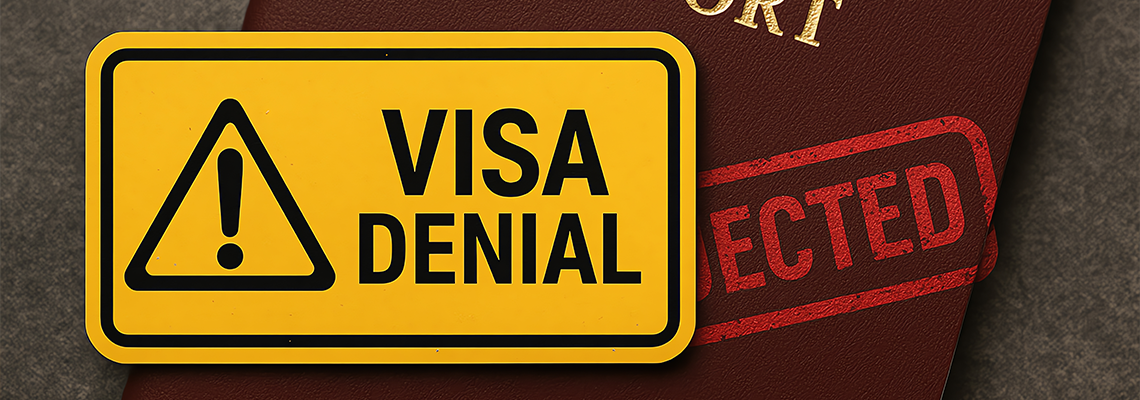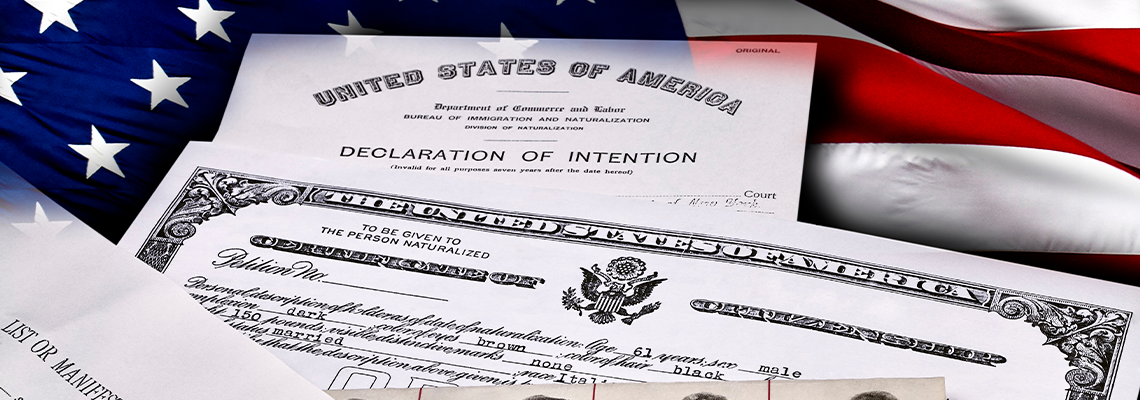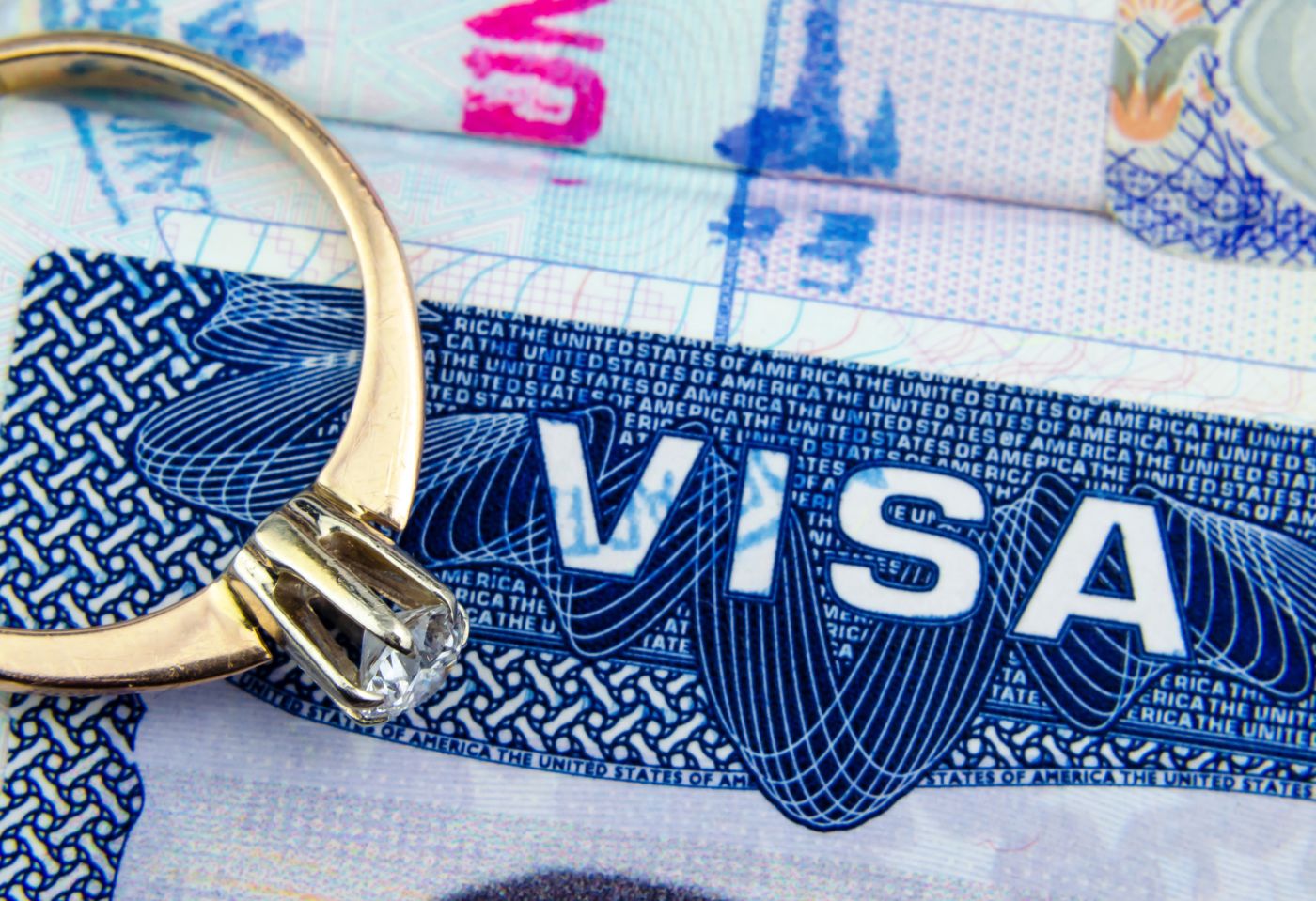
When applying for a visa, whether for work, study, or family reunification, the process can be overwhelming. If your visa application is denied, it's natural to feel frustrated and confused about the next steps. Fortunately, there are options available for appealing a visa denial. By understanding these options, you can move forward with confidence in addressing the situation.
At Herhusky Law Office, PLLC, located in Raleigh, North Carolina, we help individuals who have faced a visa denial understand their options for appealing the decision. The process of appealing a visa denial can be challenging, but with the right support and knowledge, you can better position yourself to get a favorable outcome.
We understand the importance of immigration matters and are here to assist you in making sense of the appeals process and providing the right steps to take.
Reasons for Visa Denials
Before diving into the appeal process, it's important to understand why a visa might be denied. Visa denials can happen for a variety of reasons, including:
Incomplete or inaccurate documentation: Missing documents or incorrect information can lead to a rejection.
Failure to meet the visa requirements: Not meeting the specific criteria for the type of visa you applied for is a common cause for denial.
Criminal history or security concerns: If you have a criminal record or pose a security risk, your visa application may be denied.
Financial instability: Insufficient proof of financial stability or the ability to support yourself during your stay may be a reason for denial.
Failure to establish ties to your home country: Immigration officers need to be assured that you intend to return to your home country after your visit or stay.
Understanding why your visa was denied is crucial before moving forward with an appeal. If the denial is due to an issue that can be resolved, such as missing documents, you may simply need to reapply. However, if the denial is based on a more serious issue, such as security concerns or a criminal record, the appeals process becomes necessary.
Steps to Appeal a Visa Denial
If you have been denied a visa and wish to appeal the decision, there are a few steps you must follow. We’ll break them down into manageable parts to help you understand what needs to be done.
1. Review the Denial Notice
The first step is to carefully review the denial notice you received from the U.S. Embassy or Consulate. The notice should explain the specific reason for your visa denial. Understanding this reason will guide your next steps, whether that involves providing additional documentation, clarifying discrepancies, or addressing concerns raised by the immigration officer.
2. Determine Whether You Can File an Appeal
In most cases, visa denials can’t be directly appealed. However, this doesn’t mean you’re without options. For certain types of visa applications, there may be a process for requesting a review or reconsideration. The denial notice should inform you of your rights and whether you can appeal.
Non-immigrant visas: If you’re applying for a non-immigrant visa (such as a tourist or student visa), the denial may be final, but you can reapply with additional documentation.
Immigrant visas: For immigrant visas (such as family-based or employment-based visas), you may be able to file an appeal or request a waiver if you believe the decision was wrong.
3. File an Appeal or Request Reconsideration
If your case allows for an appeal or reconsideration, you must follow the procedure outlined in your denial notice. This might include submitting a formal appeal to the U.S. Department of State or filing a motion to reopen or reconsider the decision.
Request a waiver: If your visa was denied due to a criminal record or security concerns, you may be eligible to apply for a waiver. A waiver allows you to bypass certain grounds of inadmissibility and may lead to a successful outcome.
Appealing to the Board of Immigration Appeals: In some cases, you can appeal a decision to the Board of Immigration Appeals (BIA) if your visa was denied by the U.S. Citizenship and Immigration Services (USCIS) or a U.S. consulate.
4. Prepare Supporting Documentation
When appealing a visa denial, it’s crucial to gather and submit any additional documentation that can support your case. This might include:
Updated financial records: If your visa was denied due to a lack of financial stability, provide proof of financial resources.
Corrected information: If your denial was based on inaccurate information or missing documents, submit the corrected documents as part of your appeal.
Character references: In cases where security concerns or criminal history were factors in the denial, providing character references or proof of rehabilitation can strengthen your case.
By submitting a thorough and well-prepared appeal, you increase your chances of receiving a positive outcome.
5. Wait for the Decision
After submitting your appeal or request for reconsideration, there will be a waiting period. The immigration authorities will review your case, and you’ll be notified of their decision. This can take several months, so it’s important to remain patient during this time.
While waiting, it is a good idea to keep track of any changes in your circumstances that could affect your case, such as changes in your employment or financial situation. You may also want to consult with an experienced immigration attorney to stay informed about your options.
6. Seek Legal Assistance if Needed
If your appeal is unsuccessful, or if you’re unsure about how to proceed, it may be helpful to consult with an immigration lawyer. An experienced immigration attorney can provide valuable guidance on the next steps, including the possibility of filing a new application or seeking a waiver.
At Herhusky Law Office, PLLC, we understand the challenges of appealing a visa denial, and we are here to help you explore all available options. If you need assistance traversing the appeals process, our firm can provide the legal support necessary to protect your immigration interests.
Common Challenges During the Visa Appeal Process
While appealing a visa denial is possible, there are some common challenges that individuals face during the process:
Long processing times: Visa appeals can take months to resolve, leaving applicants in a state of uncertainty.
Lack of clear guidance: Understanding the reasons behind a denial and the appropriate appeal process can be confusing without professional help.
Limited grounds for appeal: In some cases, you may find that the grounds for appeal are limited, particularly if your denial was based on security concerns or criminal history.
Despite these challenges, appealing a visa denial is often the best option for individuals who believe that their denial was unjust or based on inaccurate information.
When Should You Reapply?
If your visa denial is final and you’re unable to appeal or seek reconsideration, reapplying may be your next best option. Here are some scenarios where reapplying might be appropriate:
Significant changes in circumstances: If your situation has changed since your initial application, such as a change in employment, financial status, or family situation, you may be eligible for a new application.
Corrected or additional information: If your initial application lacked the necessary documents or had incorrect information, you can submit a new application with the corrected materials.
Improved eligibility: If you were initially denied due to insufficient ties to your home country or financial instability, addressing those issues and reapplying may improve your chances.
Contact Us Today
If you’ve been denied a visa and are considering an appeal or reapplication, Herhusky Law Office, PLLC is here to assist you. We help individuals through the visa process, offering comprehensive legal support and guidance. Serving clients throughout the Raleigh, North Carolina area, including Raleigh, Durham, Greensboro, Fayetteville, Charlotte, Wilson, Wilmington, greater North Carolina, and beyond, we are committed to providing effective solutions for all your immigration needs. Reach out to us today.


